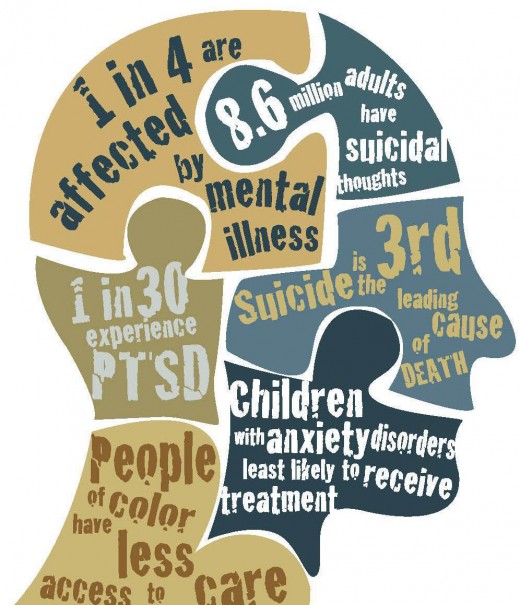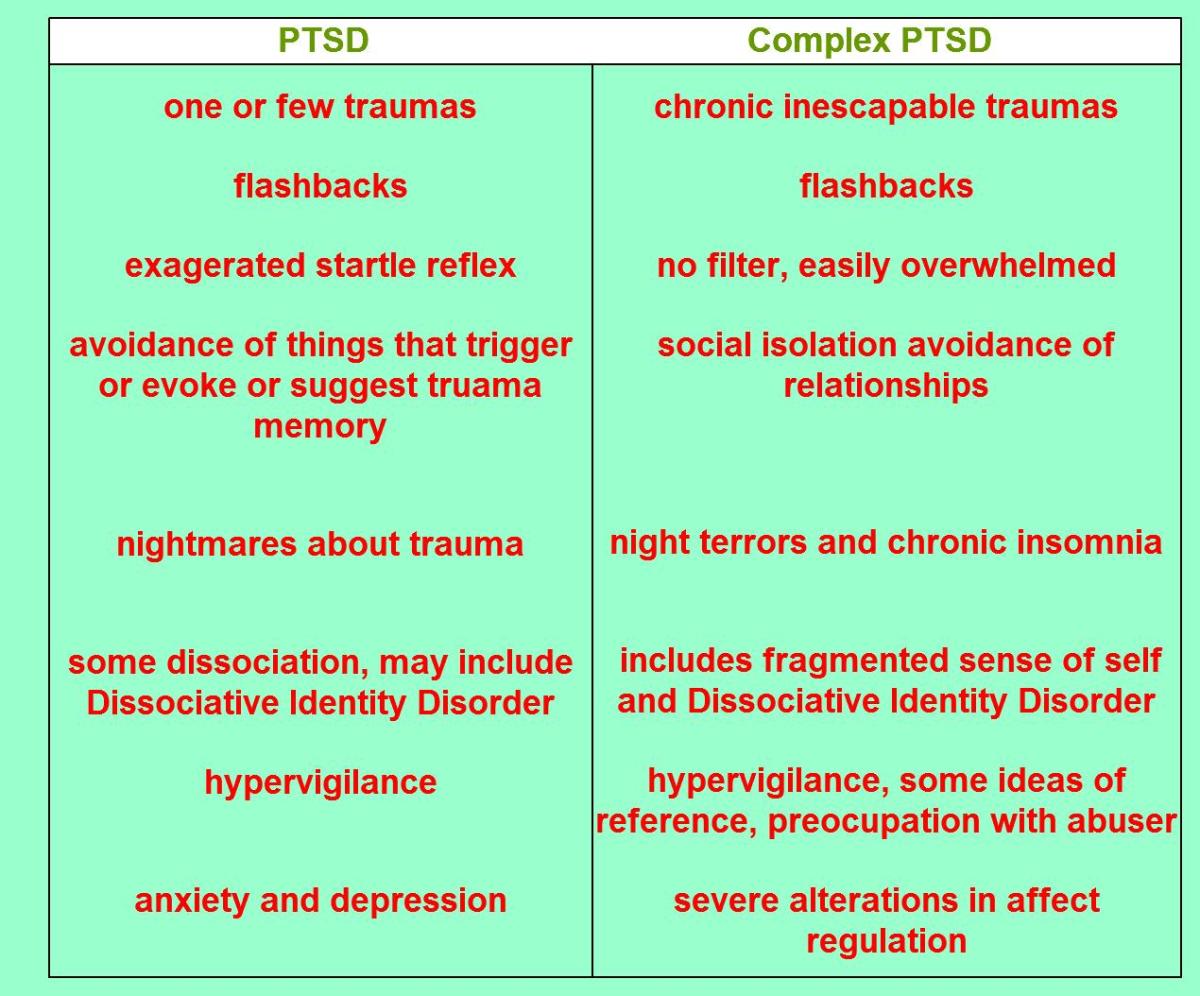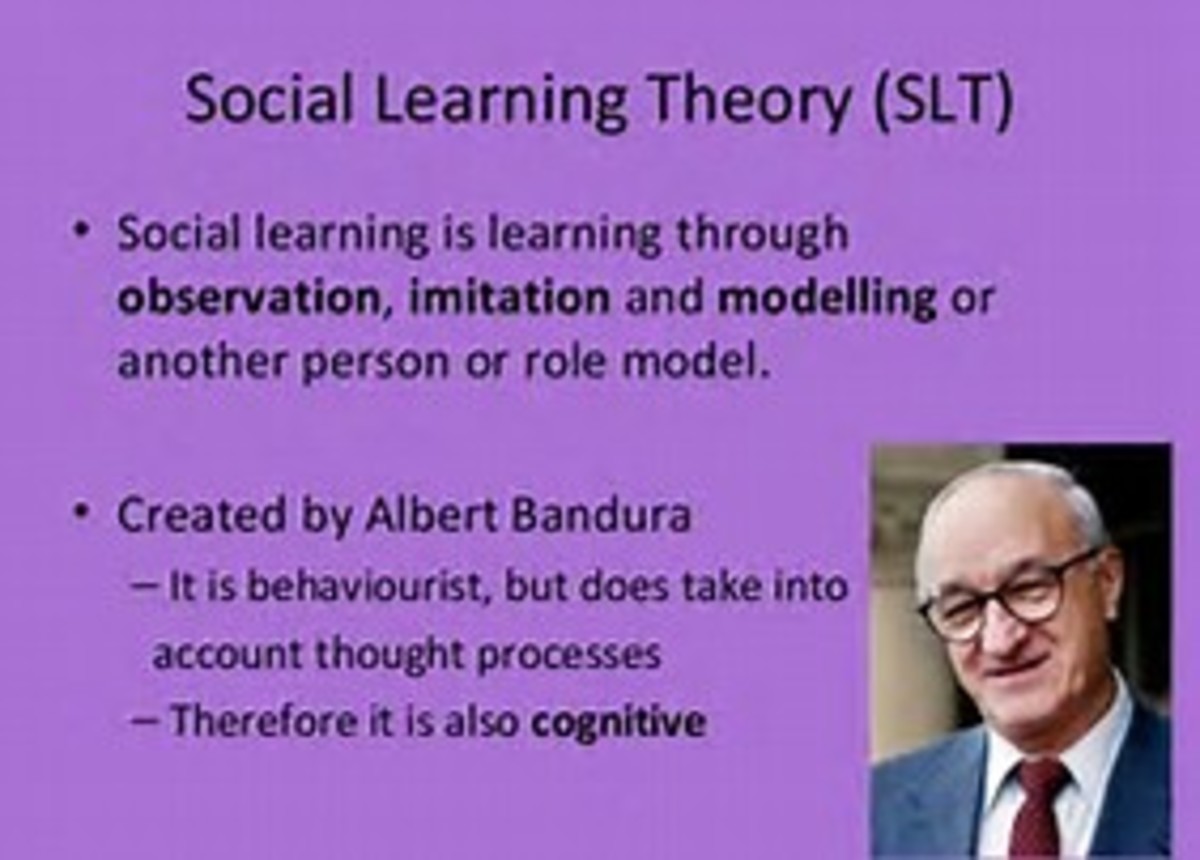Astrology is out, Therapy is in
We can achieve Peace and Order only by coping with our Mental Illnesses
Precession

Astrology is Out
The influence of the twelve signs, as described by astrologers, is a delusion, because in all ages they are reported the same; whereas we know that every 2160 years each sign retrogrades to the extent of thirty degrees, and, as your art does not make allowance for this, it is false. For, if the influence of the 12 signs does not emanate from the stars occupying the space of those signs, it must emanate from nothing – a doctrine well suited, no doubt, to musty old sages of your superstition.
The Light Of Egypt, by Thomas Burgoyne.
The problem results from a phenomenon called “Precession.” The seasons and the apparent path of the Sun, Moon, and other objects across the sky is due to the tilted axis of rotation of the Earth, relative to the relatively horizontal plane of the Solar System. That is, the orbits of the planets around the Sun are mostly along a single plane, but the Earth is tilted about 23.5° relative to this plane.
This tilt of the axis points almost to the star “Polaris” known as the North Star, and is constant all year long.
In the short term, this angle, and its effect on the seasons and the path of objects in the sky appears to be unchanging, but over thousands of years, the Earth experiences a wobbling effect, called precession, by which the axis itself actually rotates.

Therapy is In
So let us stop asking, "What's your sign?" and ask, "What's your diagnosis?" It is time we realize the extent of mental illness in humanity; get a diagnosis, and learn to cope.
The Mental Health Association of Texas reports:
- HALF of all Americans will experience a mental disorder at some point in their lives.
- 4.3 million Texans (3.1 million adults and 1.2 million children) had some form of diagnosable mental health disorder in 2002 (20%).
- There are 1.5 times more suicides than homicides, with an average of 6 deaths each day by suicide in Texas.
- In 2001, 121 more people committed suicide than the previous year. This was a six percent increase in one year. The gender breakdown is about 4 men for each woman.
- Highest rates of suicide are in the 45-54 age group, with the second highest being the 75 year only and older age group.

Common myths about suicide
MYTH: People who talk about suicide won't commit suicide.
MYTH: People who commit suicide are, "crazy."
MYTH: Once the person begins to improve the risk has ended.
MYTH: Prior unsuccessful suicide means there will never be a successful suicide.
"There is no typical suicide victim. It happens to young and old, rich and poor." - American Association of Suicidology
Suicide and its relationship with mental illness
- 90% of suicides are reportedly related to untreated or under-treated mental illness with the most common being depression.
- Nearly 20% of people diagnosed with bipolar disorder and 15% diagnosed with schizophrenia die from suicide.
- Incidents determined to be suicide by cop accounted for 11% of all police shootings and 13% of all fatal shootings.

Common Myths about Mental Illness
Myth: Mental illness does not affect the average person.
Reality: No one is immune to mental illness. More hospital beds are filled by individuals with mental illness than those with cancer, heart, and lung disease combined.
Myth: Mental illness is an indication of weakness of character.
Reality: A combination of factors contributes to mental illness, including malfunction of neurotransmitters, heredity, stress, and recreational drug usage.
Myth: A person with a mental illness is also mentally retarded.
Reality: There are some persons with a dual diagnosis, but the conditions are fundamentally different.
Myth: If you have a mental illness, you are, "crazy" all the time.
Reality: Mental illness is often temporary. People suffering from even the most severe mental illness are in touch with reality as often as they are actively psychotic.
Myth: If people with other disabilities can cope on their own people with mental illness should be able to do so as well.
Reality: Most people who have a disabling illness need help to return to normal functioning. Physical therapy fills this role for a physical illness just as therapeutic rehabilitation is needed for mental illness.

Post Traumatic Stress Disorder
Posttraumatic stress disorder (PTSD) can occur after you have been through a trauma. A trauma is a shocking and dangerous event that you see or that happens to you. During this type of event, you think that your life or others' lives are in danger.
Going through trauma is not rare. About 6 of every 10 men (or 60%) and 5 of every 10 women (or 50%) experience at least one trauma in their lives. Women are more likely to experience sexual assault and child sexual abuse. Men are more likely to experience accidents, physical assault, combat, disaster, or to witness death or injury.
PTSD can happen to anyone. It is not a sign of weakness. A number of factors can increase the chance that someone will develop PTSD, many of which are not under that person's control. For example, if you were directly exposed to the trauma or injured, you are more likely to develop PTSD.
Here are some facts (based on the U.S. population):
- About 7 or 8 out of every 100 people (or 7-8% of the population) will have PTSD at some point in their lives.
- About 8 million adults have PTSD during a given year. This is only a small portion of those who have gone through a trauma.
- About 10 of every 100 women (or 10%) develop PTSD sometime in their lives compared with about 4 of every 100 men (or 4%).
U.S. Department of Veterans Affairs.

Conclusion
Everyone could use a little help in the mental health area. Go to a professional, join a group, get a diagnosis and learn to cope.





